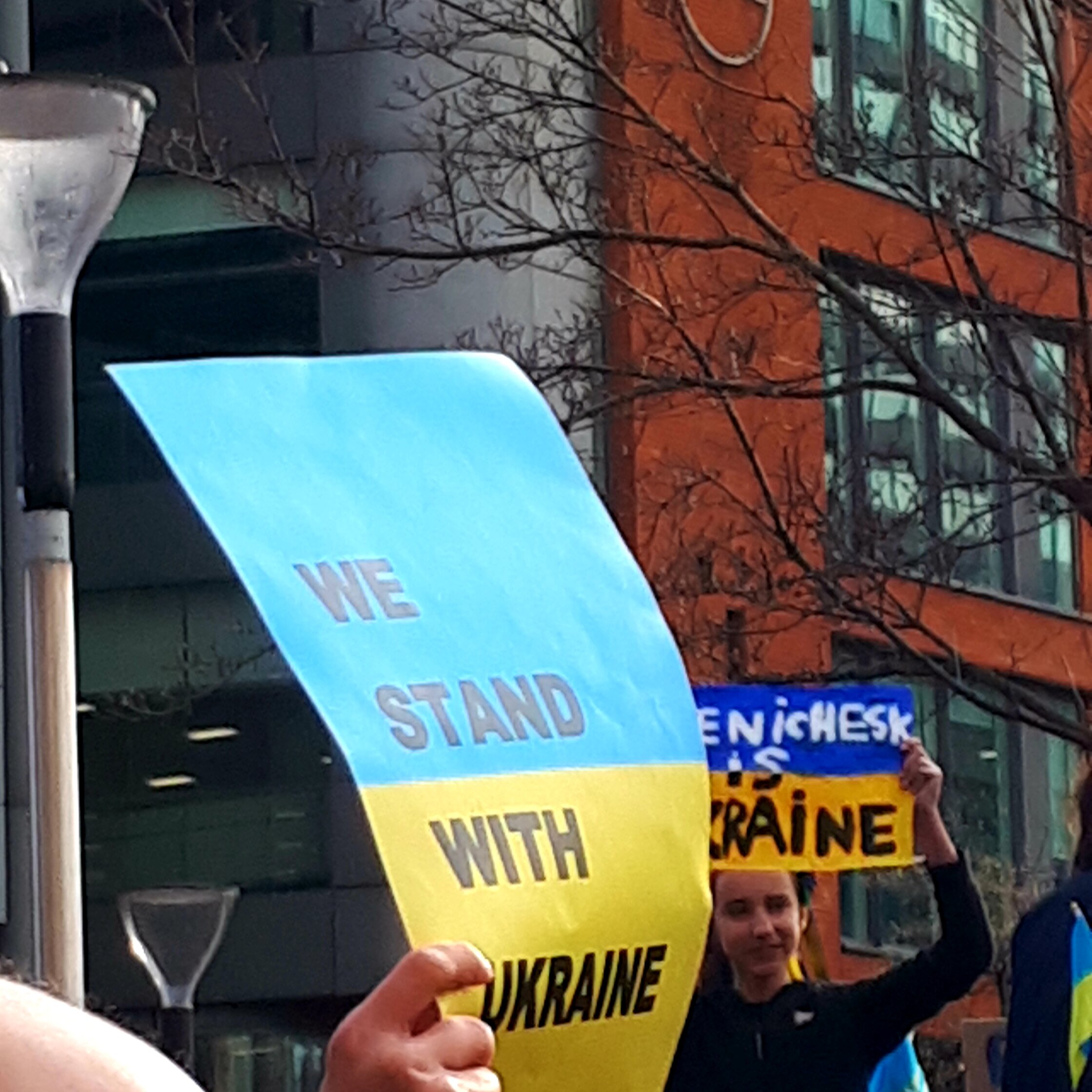Solidarity with Ukraine
This has been a very hard week, with the violent events unfolding in Ukraine - and digitally. On a personal level, watching a country I was born in bombing the country part of my family is originally from is both surreal and devastating. My heart, solidarity, and thoughts are with people of Ukraine. Seeing a tremendous outpouring of support from organisations and communities across the region and globally is heartening.
Academically, one can see every bit of Digital Politics as a field demonstrated with great intensity throughout this week. Media and social media misinformation and propaganda warfare that unfolded before, and during the attacks in the air and on the ground. Censorship of television and social media in Russia; a threat of a broader internet shutdown and activist preparation to such scenarios; Twitterporting and citizen journalism.
During these times, while social media was once again a battleground, it was also a place of connection and support- local, regional, and global. Many NGO and mutual aid groups have used social networking extensively to coordinate efforts such as safe passage for refugees through and outside the country; fundraiser and volunteer organising; coordination of donations of medicine and supplies; as well as citizen advice and mental health support for civilians in areas under attack.
And finally, social media is where the global community is showing its solidarity. While a proper discussion is very much needed on the geopolitics of anti-war solidarity (for example, whether and why Ukraine receives more support than Syria or Palestine); or the raciology of Western media coverage of the events; at this moment, my primary hope is the end of violence in Ukraine; its political sovereignty and the safety of everyone there. And there are some ways to help from here in the UK.


